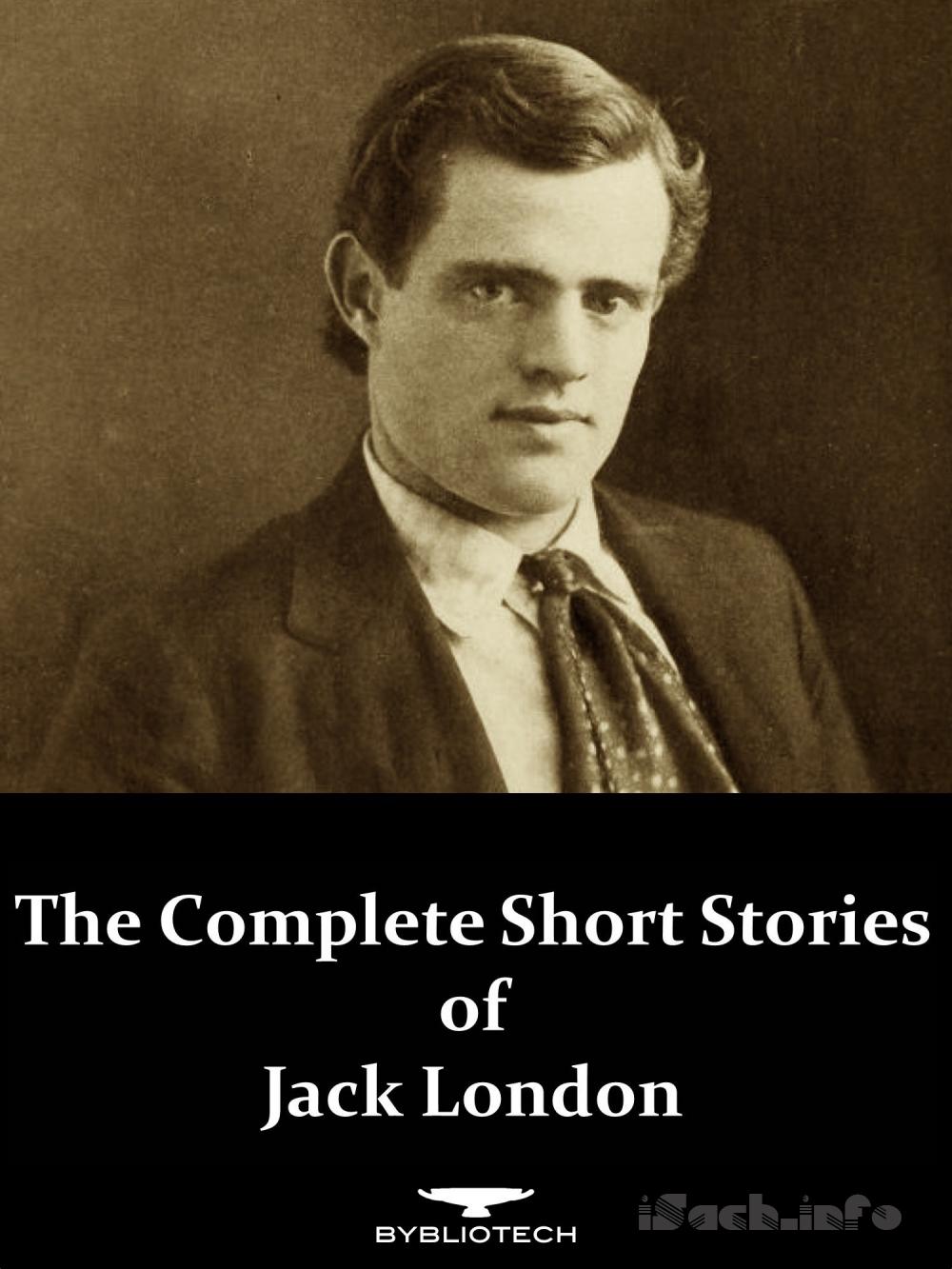The Proper “Girlie”
"G
IRLIE" had always been a choice term of endearment with Ralph Ainslie. And it must be confessed he had applied it with great wisdom and discretion—from the little lady who swayed his destinies as a grammar school boy down to Maud. The list of the favored was quite a lengthy one, to be sure; but then a young heart and a roving love are necessarily correlative. Such is the nature of things, and who would alter it? But when the soft madness of the courtship of Maud fell upon him, the phrase had ripened to a fuller significance, and he had thought—at the time—that it would never again be transferred. In return, Maud had called him "Boyo." Never had sweeter phrases been more sweetly mated. Girlie and Boyo! Well, the two were married and—Ainslie idly crumbled his toast and gazed across the breakfast table at Maud, blue-eyed and matronly; but the woman's face pictured on his mind's retina at the moment was dark-eyed and rebellious. No wifely sedateness in this other, nor calm strength of control; but rather the waywardness of mutable desires, rough-shod imperiousness and strange moods. A creature slight of heart for loyalty, but great of soul for love; well he knew her.
Perhaps it was the unconscious radiation of his present mental attitude, or the sum of his attitudes through many days, that made Maud lonely on her side of the table. At least, she felt depressed and isolated, as if in some way the bonds that once so tightly bound them were undergoing an extraordinary expansion. She had expected that the fervid kisses that so sweetly punctuated their engagement period would change to the staid homage of tried affection, but not that they would become only a meaningless duty, the mere mechanical performance of a function. His whole demeanor had come to lack that subtle seriousness and enthusiasm the absence of which a woman is so quick to detect.
"What's the matter, Maud?" he asked, presently, observing for the first time how wretchedly the breakfast had passed off, and actuated by a desire to make amends. "What's the matter?" he repeated, noticing that her dreamy stare continued. "Anything wrong?"
"Ralph," with feminine irrelevance, "you never call me Girlie any more." Then, plaintively, "I'm only Maud now."
"And it's an age since I've heard you say Boyo," he retorted.
He did not appreciate the hurt flush that suffused her cheek; no more did he know how hard had been her struggle to abandon his pet name after he had ceased his Girlie. For half the tragedies of the world are worked out in the silence of women's hearts—tragedies that blundering men may never know nor understand.
Her eyes grew misty, but otherwise she made no reply. Ainslie rose and went to her side.
"Oh, Ralph, I don't know—everything's wrong, all wrong!" she sobbed on his shoulder.
The scent of her hair was like a caress, but it did not recall the erstwhile pleasant memories that it should, for he frowned unobserved while he patted her shoulder soothingly.
"I have tried so hard to be good and true—to be Ralph's wife—" she raised her head bravely and looked him in the eyes—"but everything seems wrong. Something has come over us—between us. I had pictured everything so different after we were married, and now—I don't know, I—I cannot understand."
"There, there," he murmured, his face a study in surface masculine kindliness, "I'm afraid you are sick, just a little under the weather, you know. You're not quite yourself. A touch of fever, or cold, or something. I'll send up Dr. Jermyn on my way down town.
"Perhaps," he added, with wise forethought, as he kissed her at the door, "perhaps you need a little change of air or something. I think a little run or a week or so down to your mother's will do you good."
But she shook her head.
"Now the scenes begin," he muttered to himself as he boarded his car. "To-day comes the first, then to-morrow another—and they will continue to increase, quantitatively and qualitatively, till even a man's endurance can no longer stand them. Better put an end to the trouble now than to permit it to grow. I'll write Bertha at once and settle it out of hand."
It was with this laudable intention that he seated himself at his desk and invoked the epistolary demon. A peremptory call on the telephone interrupted him. It was an important deal, and Love must ever wait on Business.
"Poor little Maud! It's not her fault," he mused, as he stowed the half-finished missive away in a drawer; "only a queer concoction of Midsummer madness and my own brute selfishness. And it's Bertha who inoculated me, too."
Half-way down the elevator he had made up his mind to drop the whole thing by returning and destroying the letter; but at the bottom Business shoved Love aside, and he hurried on to meet the directors of the projected company.
By three o'clock the bookkeeper was wondering at Ralph Ainslie's prolonged absence. At half after Mrs. Ainslie tripped past into her husband's private office. She had thought it all out, after the delightful fashion of womankind, and reached the conclusion that she knew so very little of men, after all, and that whatever had happened was the result of her own morbid brooding; so she had come there to be nice to her wronged husband and be forgiven. She opened the door of his private office softly, confronted the blank emptiness of the room, and decided to wait.
Her thoughts went back to the golden days of their first housekeeping, when she had run down to the office so often of an afternoon that Ralph declared her a precious little nuisance, and secreted caramels and chocolates in his desk to encourage another visit. With a sentimental fondness and a vague half-pain she tiptoed across the room and drew open a drawer. The upturned sheet and the superscription, "Dear Girlie," caught her eye. She glanced hurriedly at the upper right-hand corner, taking it for some old forgotten letter to herself, and noted the date with happy surprise. In her delight she did not remark the addressed envelope that was lying half-concealed beneath it. She began to read:
DEAR GIRLIE:
I sometimes think we have not fully understood each other of late. I, at least, know that I may have seemed cold at times, when, in reality, I was perplexed with other things. I have been somewhat worried and not quite myself, for all of which I intend to make full atonement. I shall explain all soon.
Believe me, Girlie, that the love I give you is the true love of my heart. I am making all arrangements so that we may—
"Just his stupid business!" she exclaimed, her dimmed eyes, sparkling joyously. "And I'm sure more business made him break it off where he did. And it's all my own letter! And he called me Girlie!"
She pressed the scented sheet softly to her lips, just as Ralph Ainslie entered the room.
"Boyo!" she cried, making a little run toward him and throwing her arms around his neck. "You dear, good fellow! And I've been behaving like a little wretch, haven't I? With you worrying so much over your business, and never once complaining! No, no," she protested, as he made an involuntary gesture of remonstrance, "it's all true, Boyo, every bit of it. And I've been, oh, such a naughty girl!"
Her moist eyes and his shirt front had approached such dangerous proximity that he was permitted to grin his perplexity above her head, unseen. Somehow, the scent of her hair tangled with his thoughts to a purpose, and recalled the golden days that he had well-nigh thrust away. Dear patient, faithful Maud, still as trusting as the first time they had laid lips to lips! And she had mistaken the broken letter for her own! The pathos of blunder softened him and helped consign the other woman to oblivion.
"There, there, Girlie. It's nobody's fault in the world but my own. I've been working too hard, and—"
"But it's my fault. I insist!" she protested.
"Then I must punish you by—ahem!—"
"Something nice?" Then, recollecting the letter: "And what were we going to do when you finished making the arrangements?"
"Europe," he lied, laconically. "I say, Girlie," he added, hurriedly, catching a glimpse of the open drawer and beginning to lead the retreat to the door, "let's not go home, but have dinner down town—"
"And after that the theatre!" she cried. "Just like old times!"
"Just a minute, Girlie," he said, at the elevator shaft. "I've forgotten something."
He hurried back to the office, closing the door carefully behind him. Then he applied a vesta to the envelope that had Bertha Something-or-Other written across its face. He poked the ashes about in the grate and swore softly at something several times, but when he swore it was the dark-eyed woman who was in his thoughts.



 ePub
ePub A4
A4